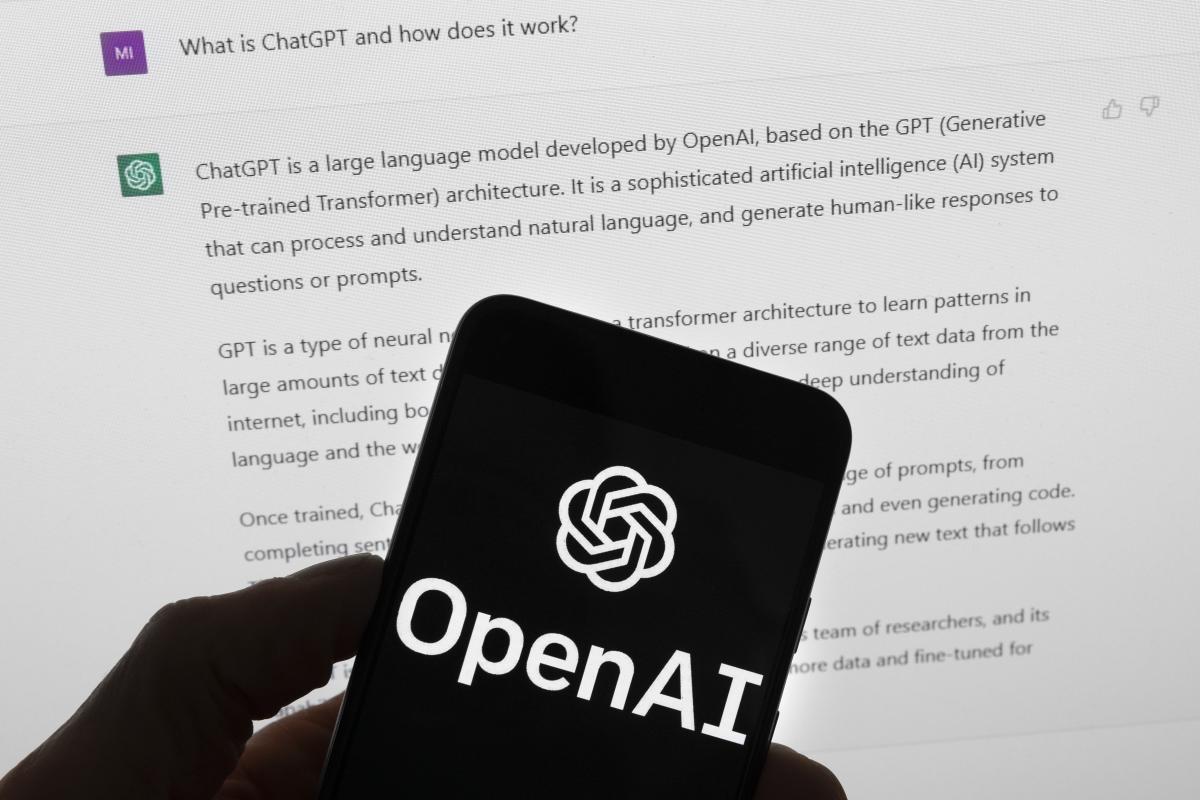OpenAI, the creator of ChatGPT, has announced its entry into the voice assistant industry with a new technology called Voice Engine. This innovative technology can replicate a person’s voice with just 15 seconds of recording. However, the company has expressed concerns about releasing the technology due to potential safety risks associated with its misuse.
OpenAI plans to provide a preview of the Voice Engine to early testers but will not widely release it at this time. The decision is based on recognizing the serious risks involved in generating speech that resembles people’s voices, especially during an election year. Incidents like the robocalls featuring an AI-generated voice mimicking President Joe Biden have highlighted the potential misuse of such technology.
Unlike other startups that have made voice-cloning technology available, OpenAI is taking a cautious approach by ensuring that early testers agree not to impersonate individuals without their consent and disclose that the voices are AI-generated. The company has previously taken a similar approach with its other technologies like Sora, which was announced but not widely released.
OpenAI’s filing of a trademark application for Voice Engine indicates that it aims to expand into the speech recognition and digital voice assistant market. By developing and improving such technology, OpenAI could potentially compete with established voice products like Amazon’s Alexa in the future. This move marks a significant step for the company as it continues to innovate in the field of artificial intelligence.



:quality(75)/cloudfront-us-east-1.images.arcpublishing.com/elcomercio/6D7LR5GKZFCBFEXPPRLG2XJ3ZI.jpg)